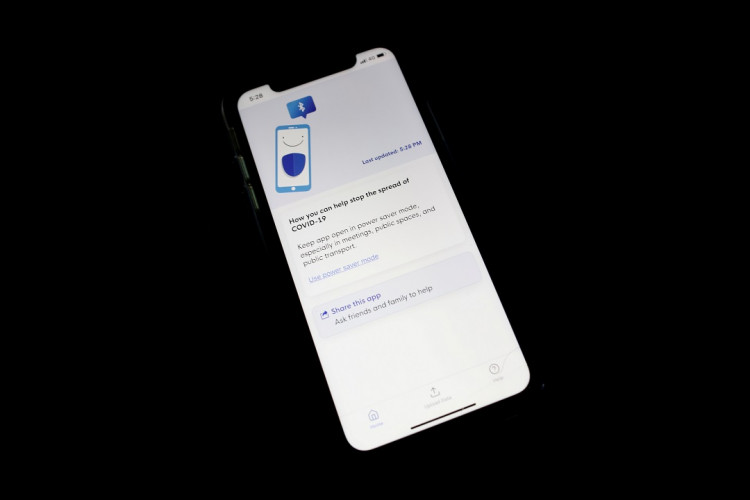Health experts turn to the default method when it comes to tracking infectious diseases, which involves the use of a server-client structure that underlies most internet services and applications. The application installed on a person's smartphone will be able to record his or her whereabouts and will transmit this information to a data center.
The location data is then consolidated with other significant information, including the person's vital signs, blood pressure, and body temperature. Should an individual contract the coronavirus, the application will go through its massive database in search of people who might have come in contact with the infected person. The server will notify suspected individuals, instruct them to self-quarantine, and schedule them for testing. This is the kind of contact tracing health experts and governments are proposing to curb the spread of the coronavirus.
While a viable method, it also raises the issue of privacy. Tech companies are on a hot seat these days as digital surveillance is being debated, but as the COVID-19 pandemic unfolds, the privacy argument sounds less convincing.
But there seems to be a solution for the already wary public: there's a way to track the spread of this highly-contagious disease without the risk of privacy invasion. A group of computer scientists at Boston University in the United States wrote a paper that discusses the possibility of tracking infectious diseases without using privacy-invading tools.
"The purpose of this work is to demonstrate that it is possible to promptly and reliably notify individuals of past or present collocation with an infected person or surface-with only minimal compromise of individual privacy and without maintaining any database of infected individuals or their locations," the researchers wrote.
Their method still makes use of a server and a mobile app, but the app will only broadcast anonymous token regularly. But instead of sending tokens to a server, however, the application stores it on-device and, at the same time, broadcasts it through the device's Bluetooth Low Energy (BLE) component. Devices that are within range and have the privacy-friendly health tracker installed to receive and store the tokens. These tokens comprise the device's collocation database.
The tokens will not store a user's identifiable information and location, so there's very little privacy risk. Said tokens are also very small in size, so the application should be able to register dozens of millions without causing storage constraints for the device.
The Boston University researchers don't 100% guarantee that the privacy-friendly mobile app will succeed, but they're hoping it will encourage more people to trust health tracking devices with the assurance of their privacy protected.






